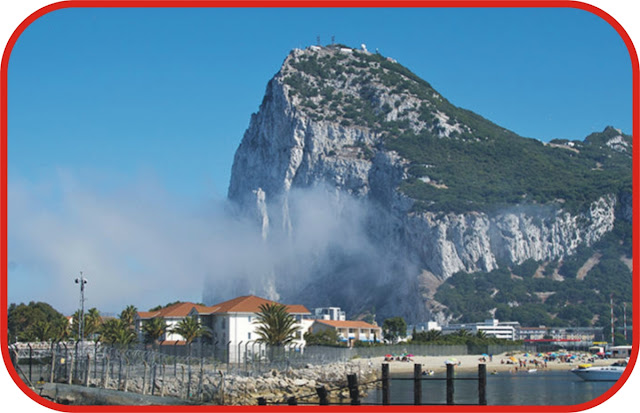Diplomatic row between the UK and Spain concerning Gibraltar
takes a new twist as the Spanish Foreign Minister Alfonso Dastis gets involved in
the dispute, after Theresa May triggered Article 50 to formerly inform the EU
of the UK’s exit in the bloc.
Mr Dastis’ assertion is that the UK’s action towards the
issue is hasty, after the PM failed to include it in the six-page letter that
was sent to the EU.
He said: “The Spanish government is a little surprised by
the tone of comments coming out of Britain, a country known for its composure.”
His statement was a reaction to the one made by a former
Tory leader Michael Howard who stressed that Mrs May would be willing to go to
war to defend the British territory, as it did with the Falkland Islands 35
years ago.
The issue of Gibraltar’s sovereignty reared its head once
again after it was left out of the letter penned by Mrs May triggering Article
50.
The EU further made the situation worse by proposing to give
Spain a right of veto over Gibraltar’s future trading relationship with the EU,
which happens to what the Mediterranean country has been struggling for.
Complicating the situation further the European Union has
proposed giving Spain a right of veto over the region’s future trading
relations with the bloc, something the Mediterranean country has been pushing
for.
As a result of the position being taken by the EU, a
political fight has begun between the two countries. The PM said she is
determined to include the enclave in all her Brexit talks with the EU.
In the EU’s draft position on exit talks, distributed by
Council President Donald Tusk, Gibraltar was name-checked, as was Spain’s veto.
On the other hand Gibraltar’s chief minister, Fabian
Picardo, said references to the country should be removed.
He said: “This is clear Spanish bullying.
"The way that the European Council has behaved in
allowing Spain to single out Gibraltar in this negative way is really quite
pernicious.”
Stressing that despite the fact that Gibraltarians voted
massively to remain in the EU, in 2002, the people also unequivocally rejected
joint British-Spanish sovereignty.
Some 98 per cent of voters chose to stay British in the
referendum.
Boris Johnson also reiterated British support for Gibraltar
alongside Mrs May, saying: "The sovereignty of Gibraltar is unchanged and
is not going to change.”
The issue has become the first hurdle in the Brexit
negotiations, a process set to formally last two years.











No comments:
Write comments